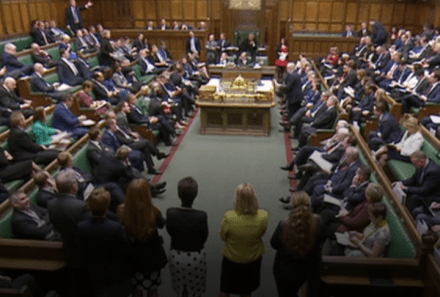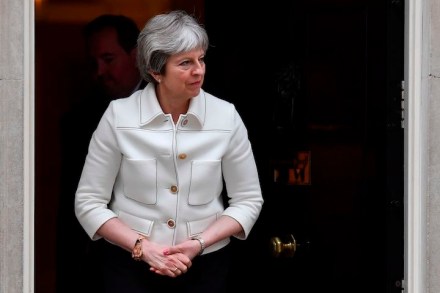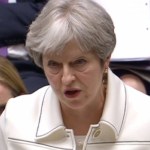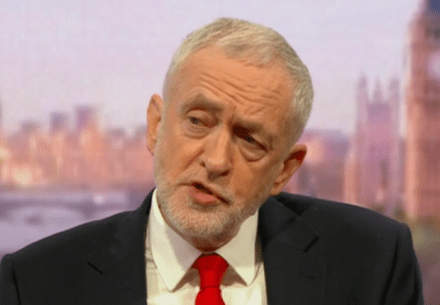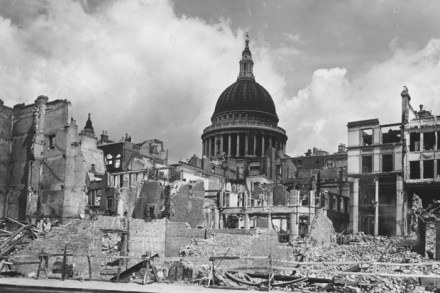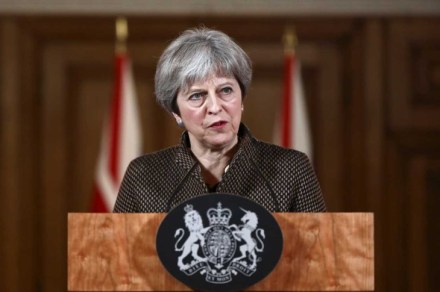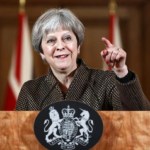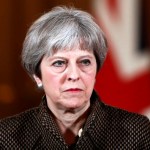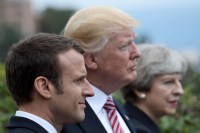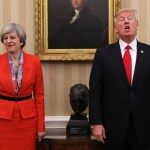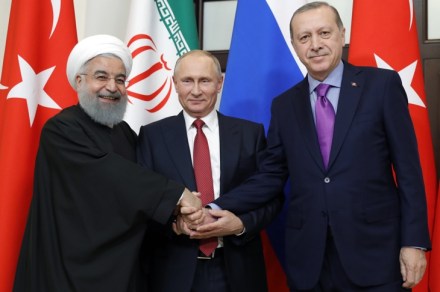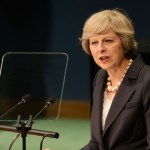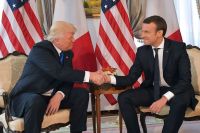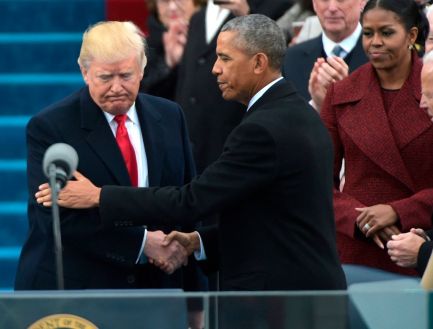Whips struggle with emergency debate on Syria
This afternoon’s emergency debate on Syria isn’t quite working out as anyone had really planned. For Labour, it was an opportunity to undermine the government by complaining about the lack of parliamentary consent for the weekend strikes on the Assad regime’s chemical weapons capability. For the Tories, it was an opportunity to show that there was still strong support across the House for that action. Some MPs may even have come along to debate the principles in question; namely the balance of powers between executive and legislature. Jeremy Corbyn certainly tried to pitch it thus when he spoke, arguing that what the Prime Minister had done was anti-democratic: ‘It seems
